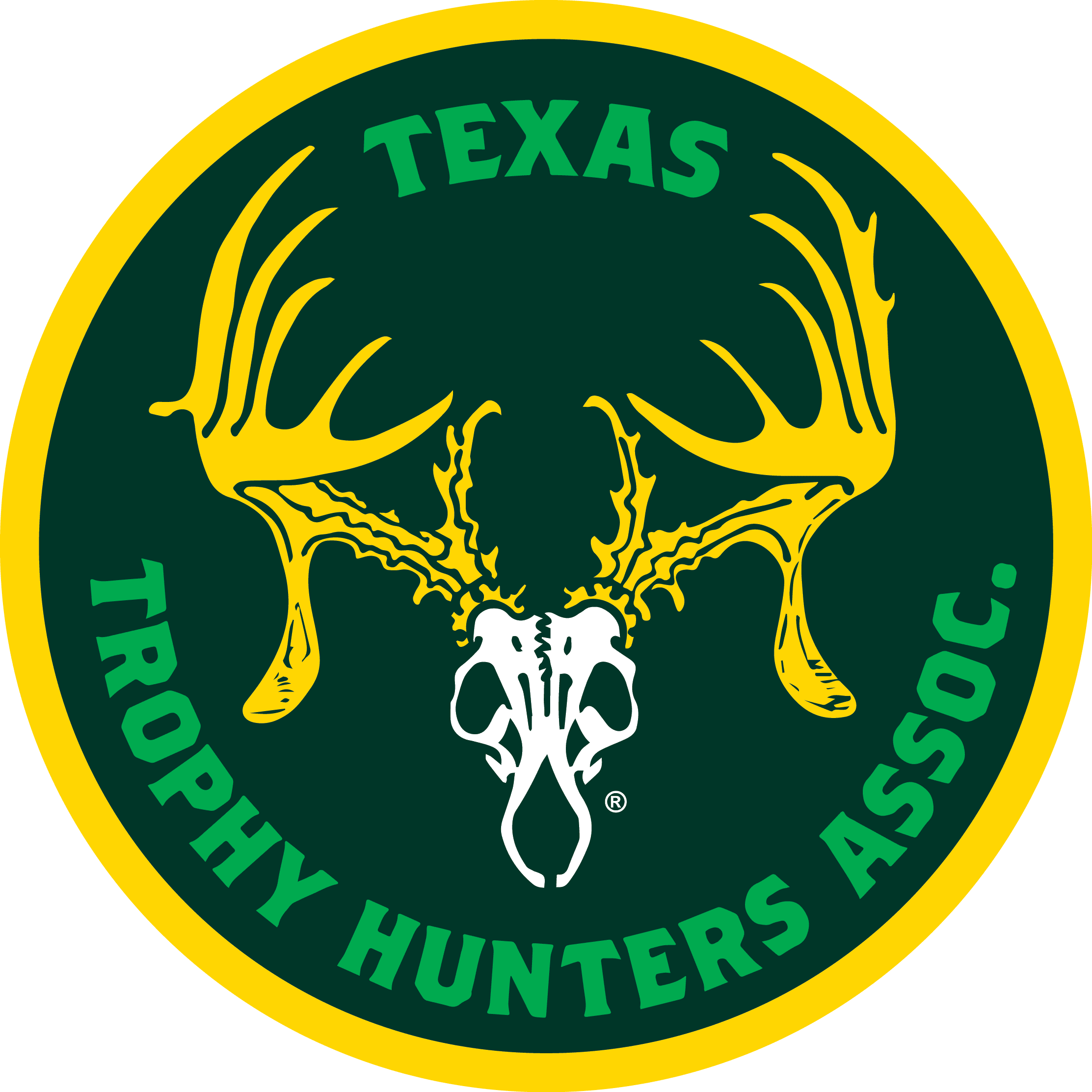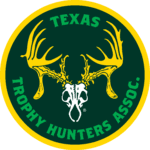
Hunting Organizations Sue Delta Air Lines
Conservation Force, Dallas Safari Club, Houston Safari Club, the CAMPFIRE Association, the Tanzania Hunting Operators Association (TAHOA), and Corey Knowlton filed suit Friday in the Northern District of Texas against Delta Air Lines to compel an end to Delta’s illegal embargo on transport of hunting trophies of the “Big Five” (lion, leopard, elephant, rhino, and buffalo) from Africa. The plaintiffs allege the embargo on transport of a specific class of non-dangerous cargo violates Delta’s duty as a common carrier not to discriminate against passengers or cargo.
On August 3, 2015, Delta announced it would no longer transport “Big Five” trophies. This announcement came amid the media uproar over the alleged illegal killing of “Cecil the lion” by Dr. Walter Palmer – who has since been cleared of any wrongdoing by Zimbabwe authorities. The plaintiffs point out that “Big Five” hunting in Southern and Eastern African is responsible for protecting the most wildlife habitat, providing the largest share of operating revenue for state wildlife departments, underwriting the three levels of anti-poaching efforts, and contributing critical benefits and incentives to local people damaged by the “Big Five.” John J. Jackson, III, President of Conservation Force, underscored the importance of hunting’s contributions. “Without hunting most wildlife and habitat will disappear,” he said. “Above all, the attitudes of local people ultimately determine the survival of these species. Hunting provides the incentives for local people to tolerate dangerous wildlife.”
According to the plaintiffs, Delta’s embargo threatens the African hunting industry by making it more difficult for hunters to bring home the fruit of the hunt, and stigmatizes America’s business and civic leaders as traffickers of illicit cargo. A trophy symbolizes several things to a hunter: “It is a memory of the hunt’s success, the experience, the people, and the place. Most of all, it is tribute to the animal hunted,” according to Jackson.
The suit points out international trade and transport of “Big Five” trophies is not only legal, but encouraged by resolutions of the Parties to the Convention on International Trade in Endangered Species of Wild Fauna and Flora (CITES), except for trade in the embargoed buffalo, which is not protected under CITES (or the U.S. ESA). Jackson, a prominent lawyer, also noted the U.S. Fish and Wildlife Service (USFWS) has issued import permits for rhino, leopard, and elephant and found the import of these trophies “enhances the survival” of the species. Jackson said, “Delta’s unlawful embargo is robbing the species of the enhancement tourist hunting provides.”
Delta is alleged to have refused to transport the black rhino trophy of Corey Knowlton, who contributed $350,000 to anti-poaching and other efforts exclusively to recover the black rhino and whose enhancement import permit was approved by USFWS. The plaintiffs represent a range of interests, from individual hunter-conservationists to operators to representatives of the communities who benefit from tourist hunting revenue. For example, the plaintiff CAMPFIRE program benefits 770,000 families in Zimbabwe (2.4 million children), and the largest source of income to these communities is from American tourist safari hunters.
Jackson concluded: “Delta is a common carrier. It cannot discriminate against cargo, the African people, or game – much less to further the agenda of extremist animal rights organizations. Its embargo threatens the programs responsible for most of the habitat and anti-poaching in Africa. This is too important to stand by. This suit is just the beginning of the fight.” Jackson warned this suit may be followed by broader antitrust actions or penalties by the African governments.



